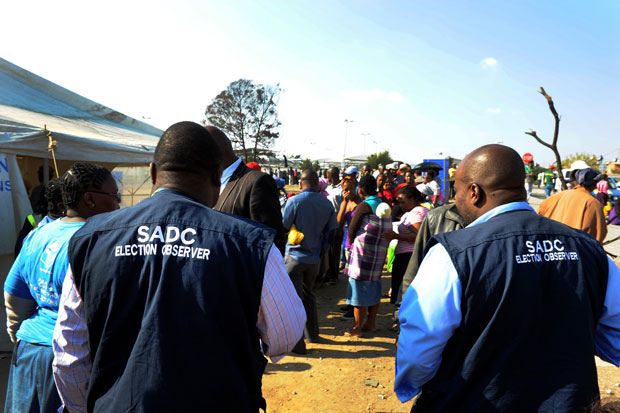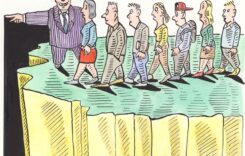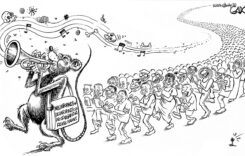By Cris Chinaka
In the wake of highly disputed national elections over the last 20 years, President Emmerson Mnangagwa has pledged that Zimbabwe will hold free, fair and credible parliamentary, presidential and council polls this year.
What are the minimum conditions set by the Southern African Development Community (SADC) towards the achievement of such elections?:
The SADC Principles and Guidelines Governing Democratic Elections in the SADC Region (2015) sets out comprehensively elements that SADC observer missions use in passing a verdict on elections in the region.
These include the political environment, legal framework, assessment of citizen rights, election administration/funding/staffing, state of voters’ roll, conduct of political parties and role of the media.

A SADC Election Observer Mission will judge the forthcoming Zimbabwe elections under its global definitions that:
“Credible elections” means ‘electoral processes enjoy considerable support and confidence of the citizenry and international or regional community, leading to mutually agreeable results from competing entities that participate actively in the electoral process.’
“Democratic elections” means, ‘competitive, periodic, inclusive, regular elections in which persons to hold office at all levels of government are elected, through the secret ballot, by citizens who broadly enjoy fundamental human rights and freedoms.’
“Free (elections)” means ‘Fundamental human rights and freedoms are adhered to during electoral processes, including freedom of speech and expression of the electoral stakeholders; and freedom of assembly and association; and that freedom of access to information and right to transmit and receive political messages by citizens is upheld; that the principles of equal and universal adult suffrage are observed, in addition to the voter’s right to exercise their franchise in secret and register their complaints without undue restrictions or repercussions.’
“Peaceful” means “electoral processes are punctuated by calm; are undisturbed and untroubled by violence or intimidation; are conflict-free and generally exude an atmosphere where all citizens are free and unhindered to express their right to vote; are able to offer themselves without intimidation for election, communicate freely their electoral choices; and enjoy freedom of assembly and association.’
“Fair (elections)” means ‘electoral processes that are conducted in conformity with established rules and regulations, managed by an impartial, non-partisan professional and competent Electoral Management Body (EMB); in an atmosphere characterised by respect for the rule of law; guaranteed rights of protection for citizens through the electoral law and the constitution and reasonable opportunities for voters to transmit and receive voter information; defined by equitable access to financial and material resources for all political parties and independent candidates in accordance with the national laws; and where there is no violence, intimidation or discrimination based on race, gender, ethnicity, religious or other considerations specified in these SADC Principles and Guidelines Governing Democratic Elections.
“Transparent” means ‘elections are operated in an open, clear, visible and unhindered manner.’
Do you want to use our content? Click Here











